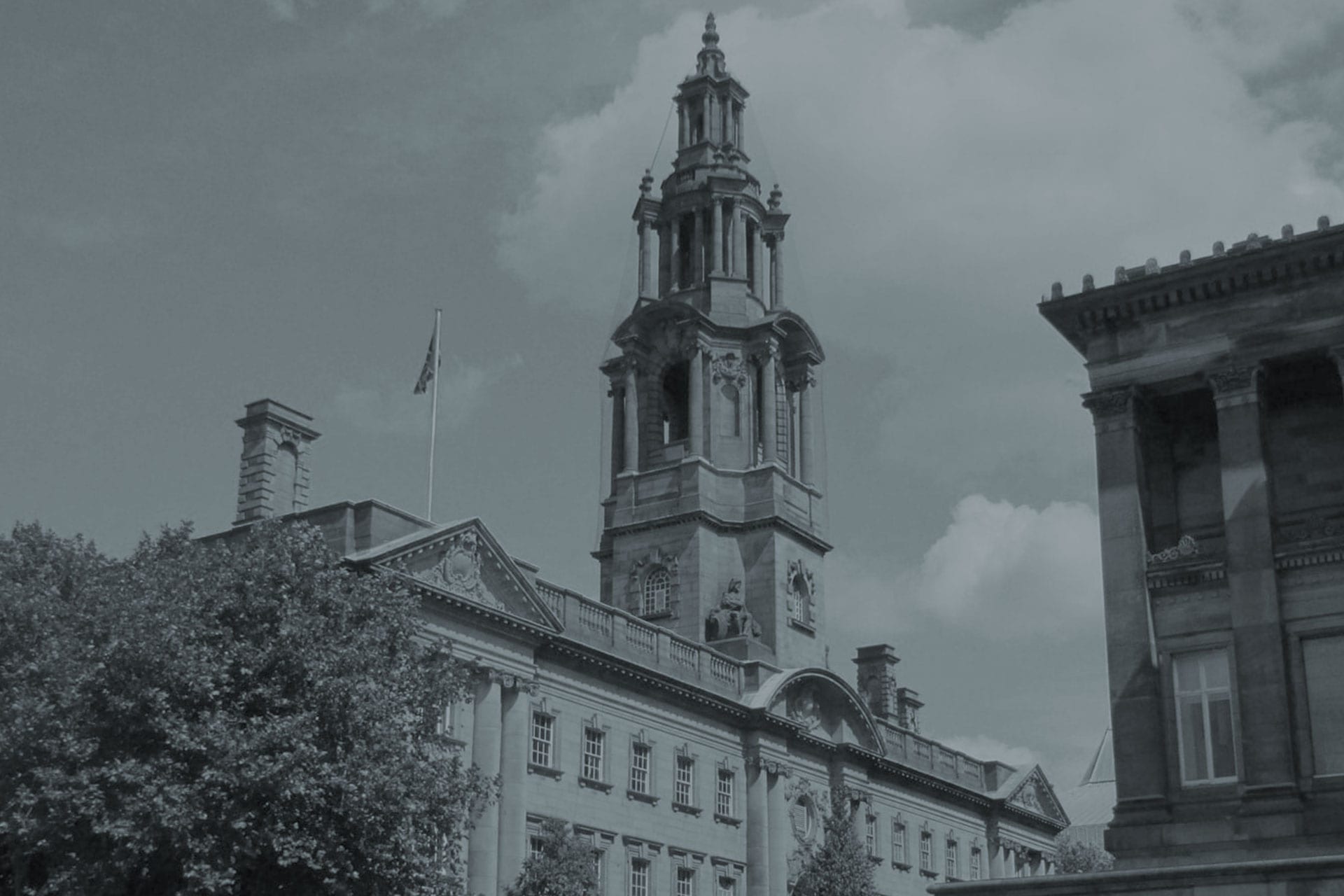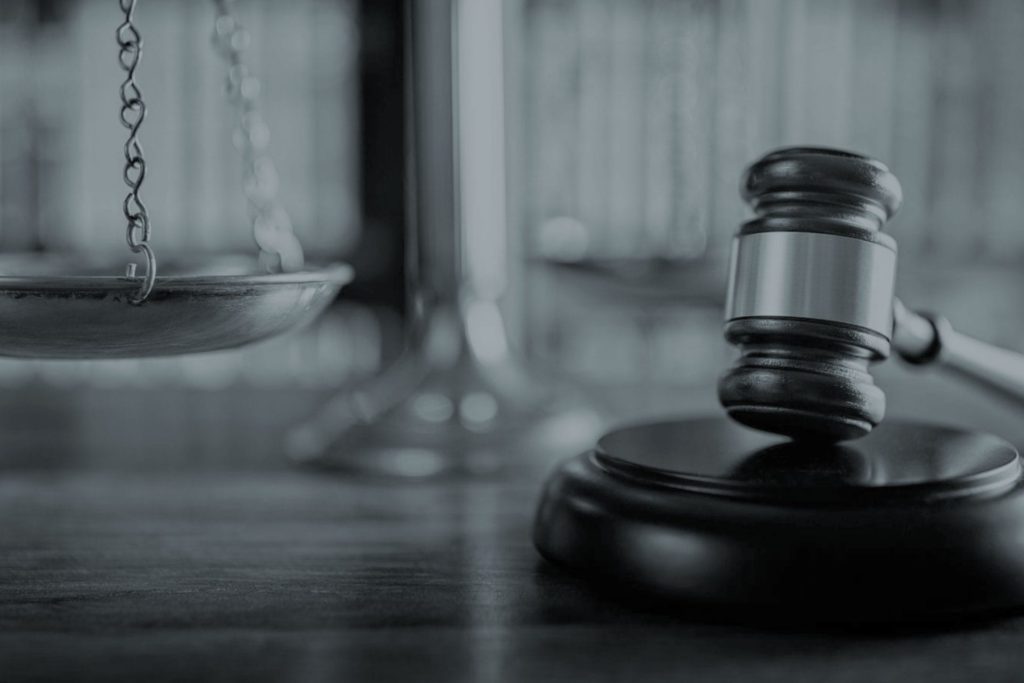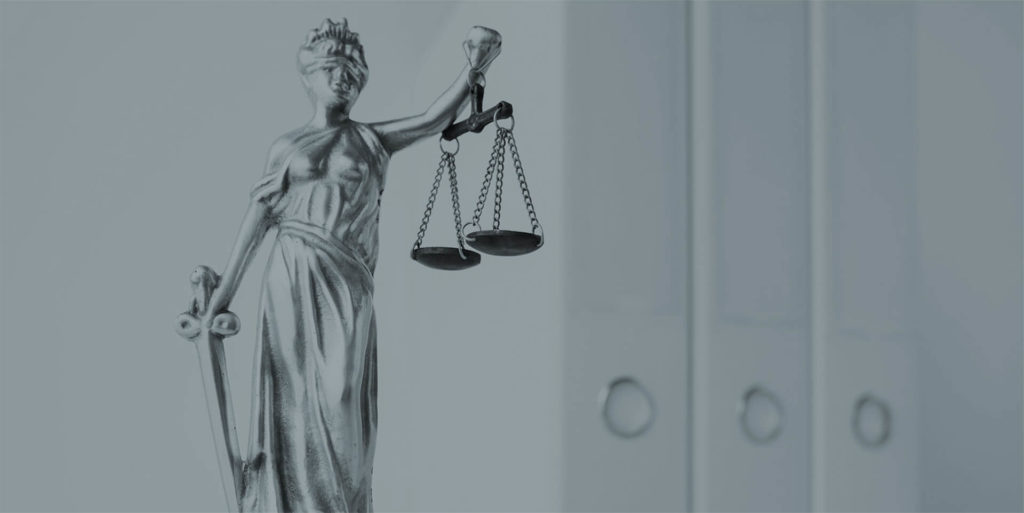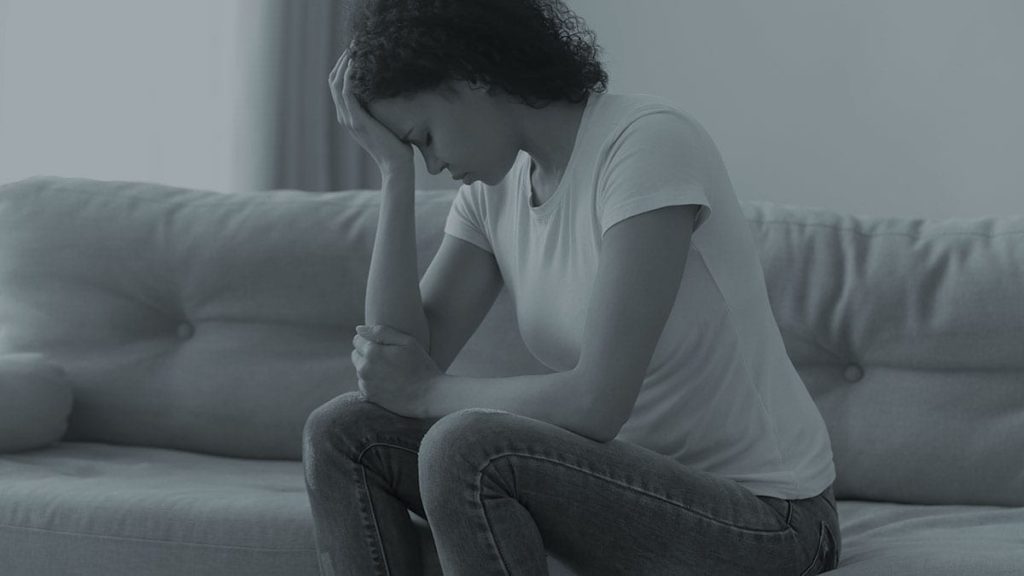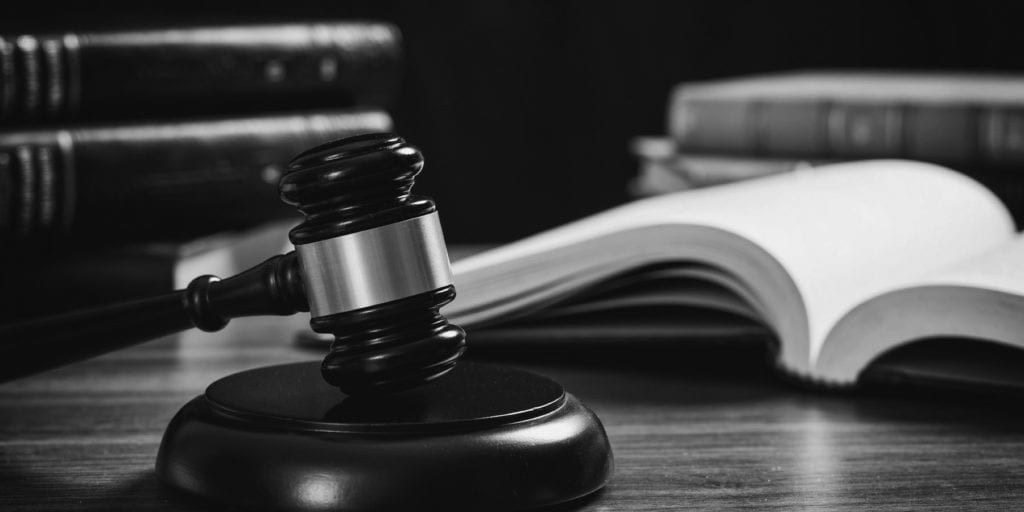Send your enquiry.
Contact us for a free, initial no obligation consultation.
"*" indicates required fields
Your information is safe and treated in accordance with our Privacy Policy
A study by University College London (UCL) has found that jurors do not commonly believe in rape myths, contradicting a petition in Parliament in 2018.
Rape solicitors London
If you have been accused of rape, please contact us straight away. We are specialist criminal defence solicitors and can represent you throughout proceedings. This begins with free police station representation. Contact us now for free legal advice. We are available to take your call 24 hours a day, 7 days a week.
The 2018 petition
There have long been suggestions in the media that jurors in rape trials typically acquit defendants. It has been reported that jurors believe in certain ‘rape myths’, making them biased against the complainant. This has prompted some to call for jury trials in rape cases to be abolished.
These concerns prompted a petition in Parliament in 2018, calling for jurors in rape trials to undertake compulsory training on rape myths – an example of which might be that sex is always consensual if both parties are under the influence of alcohol. The petition made a number of claims, including that “jurors accept commonly held rape myths” and that 66% of jurors did not understand the judge when he/she provided guidance attempting to dispel these rape myths.
However, the claims made by the petition were not based on any actual research. Rather, they relied on opinion polls and anecdotal evidence. The government – which was obliged to respond to the petition – said that appropriate research was needed. Furthermore, judges already provide directions to juries about rape myths and are able to do so at any stage of a trial. The guidelines relating to rape myths is set out in a book called the Crown Court Compendium and deals with issues such as intoxication, clothing and inconsistent accounts.
Rape Myths The UCL study
The ‘evidence’ put forward in the petition also contradicts the findings of the UCL Jury Project, which was conducted between 2018 and 2019. The study wanted to ascertain whether judges should provide additional guidance and if actual jurors did believe in rape myths and stereotypes. Some 1,175 jurors were asked about common rape myths. The vast majority did not believe them, and those who did amounted to less than one person on a jury. The research just goes to show that the assertions made in the petition were incorrect.
However, the study did throw light on certain issues. Most notably, jurors were uncertain as to whether stranger rape or acquaintance rape is more common. Also, jurors showed some bias in the amount of emotion they expected to see from a complainant, with nearly half of jurors expecting a complainant to be very emotional. In fact, it varies from case to case. The UCL Jury Project, therefore, intends to carry out further research in order to determine the best way to direct juries on these issues.
Government Aims to Increase Number of Rape Prosecutions
The government has said it wants to reverse a downward trend in rape prosecutions. It is thought this could lead to a greater number of convictions and early guilty pleas.
Decrease in rape prosecutions
Since 2016/17, there has been a sharp decline in the number of rape prosecutions in England and Wales. Government research found the reasons for this are complex and wide-ranging. Some cases suffer from a delay in investigations, others lack specialist resources, while others feature inconsistent victim support. A poor working relationship between the police and the Crown Prosecution Service (CPS) was also identified.
Reverse the trend
The government has said that it wants to reverse this trend and return rape prosecutions back to pre-2016 levels. It has, therefore, devised an action plan designed to increase the volume of cases progressing through the criminal justice system.
As part of this plan, the government says it wishes to change the way rape is investigated. Police will be urged to identify patterns of behaviour that are significant features of rape, and to place proper emphasis on the suspect’s offending history. Rather than making a decision based purely on the victim’s credibility, it should be based on a well-rounded objective assessment of the evidence.
In addition, the government wants to achieve the following outcomes:
- An increase in victim engagement at every stage of the process
- Complex cases should not be deprioritised to get more cases through the system
- For high quality cases to be referred by the police to the CPS
- An increase in public confidence in the decisions made by the CPS
- An increase in early guilty pleas – by improving the quality of investigations an increase in guilty pleas is anticipated
- Improved timeliness of cases at each stage
- Limiting the requests for digital information from victims only to what is necessary and proportionate
- The defendant’s right to a fair trial is maintained through robust and appropriate disclosure
To ensure accountability across the board, the government has said it will publish an update on the progress that has been made every six months. A ‘performance scorecard’ will monitor the progress against key metrics including timeliness, quality and victim engagement in each part of the system.
Rape Prosecutions Under Review
The Law Commission is reviewing how evidence in used in rape prosecution. Its aim is to improve the treatment of victims while ensuring defendants receive a fair trial.
The role of the Law Commission
The Law Commission is an independent body which reviews the law to make sure it is fair, modern, simple and cost-effective. It recommends reform where appropriate. The Law Commission recently announced it will be reviewing how evidence is used in rape prosecutions. This is part of the government’s rape review
What is the Law Commission reviewing?
In particular, the Law Commission will consider the following four areas.
1. Sexual history
The provisions governing the restriction of questioning on a complainant’s sexual history will be reviewed. Currently, a complainant’s sexual history can only be admitted to court in limited circumstances. The Commission will review the rules to check that only relevant evidence is included at trial.
2. Medical and counselling records
At the moment, there is a test to see whether or not a complainant’s medical/counselling records should be admitted at trial. The Commission will check whether this test is stringent enough.
3. Misconceptions
The Commission will review how the law and guidance could counter a juror’s misconceptions about sexual harm. In this context, misconceptions are often called rape myths. These might influence a juror’s opinion as to why the victim delayed reporting the incident, an apparent lack of resistance or injury, and differing behaviours after an assault.
4. Special measures
Finally, the Commission will consider how special measures protect complainants during a trial. Special measures are alternative arrangements for giving evidence. They are widely used in rape prosecutions. The Commission will examine whether more could be done to prevent the quality of the evidence being diminished.
Ensure defendants receive a fair trial
The Law Commission is examining these four areas and will make recommendations where it feels appropriate. The Commission’s ultimate aim is to:
- Increase understanding of consent and sexual harm
- Improve the treatment of victims
- Ensure defendants receive a fair trial
The Law Commissioner for Criminal Law said: “our project will consider how to improve the trial process to address ‘rape myths’, admit only relevant evidence and better protect complainants whilst ensuring a fair trial for defendants.”
Rape review Rape Myths
The government asked the Law Commission to carry out this review due to the fall in the number of rape prosecutions. There is concern that victims are deterred from reporting offences, or supporting a prosecution, for fear of going to court. The review will be conducted alongside other projects that also aim to increase protections against violence and abuse of females.
The Law Commission’s provisional proposals will be published in the summer of 2022, with a final set of recommendations to be published in 2023.
Solicitors
Rape is a serious allegation. If you have been falsely accused of sexual assault, you need an experienced sexual assault solicitor on your side. At Ashmans Solicitors, our team can represent you throughout proceedings, fighting on your behalf to show that any allegations of sexual assault are unfounded.
Call us now on 0333 009 6275. We are available 24 hours a day, 7 days a week.
You can also email us on enquiries@ashmanssolicitors.com or complete our Free Online Enquiry Form and we will contact you.
